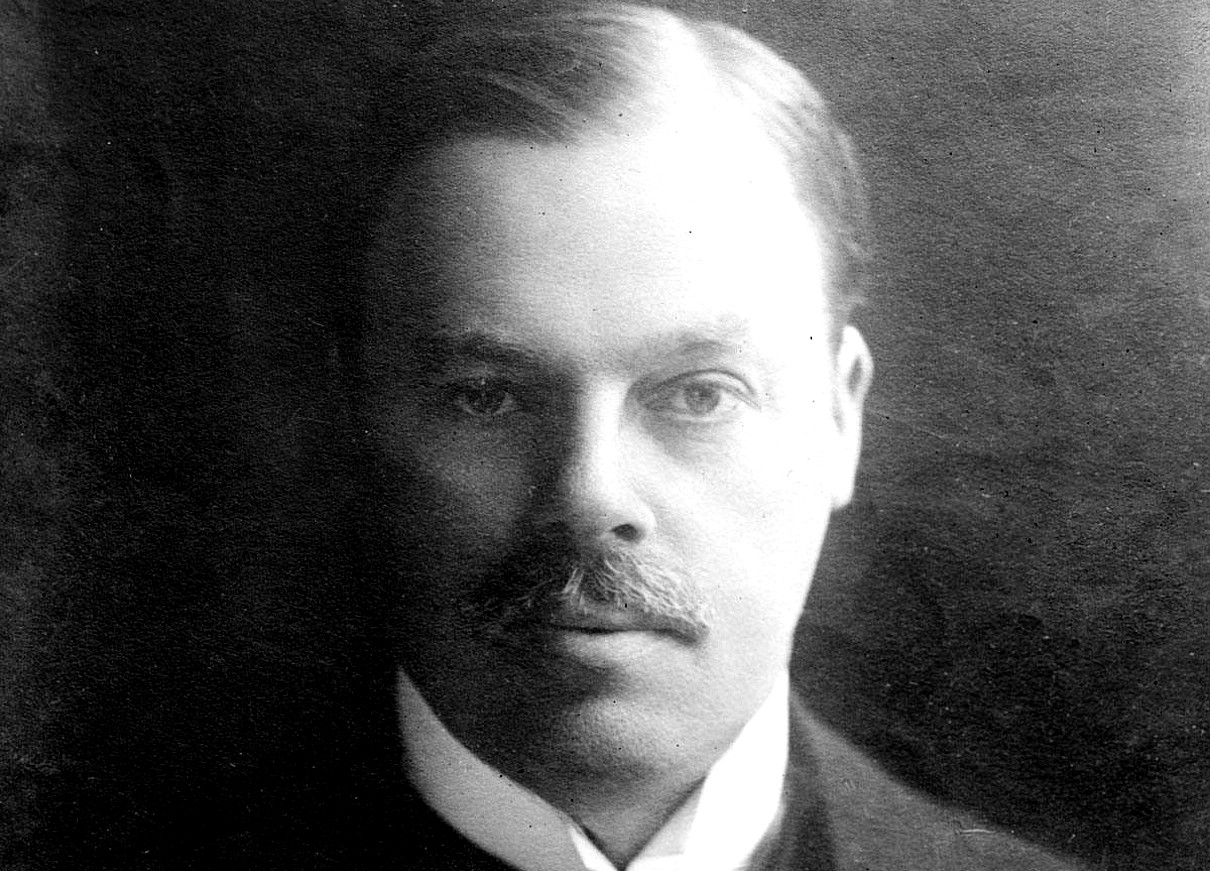Change language:
Lord Rothermere: The English press baron who championed Hungarian revisionism

Harold Harmsworth, 1st Viscount Rothermere (Lord Rothermere), was an influential English newspaper magnate who became one of the most vocal supporters of Hungarian territorial revision and a staunch opponent of the Treaty of Trianon in the interwar period. His advocacy for Hungary’s cause in the aftermath of World War I left an indelible mark on both British and Hungarian history.
Lord Rothermere’s interest in Hungary’s plight began in the 1920s when he became aware of the severe consequences of the Treaty of Trianon on the Hungarian nation. The treaty, signed in 1920, resulted in Hungary losing two-thirds of its pre-war territory and a significant portion of its population. According to Papageno, Rothermere was deeply moved by the injustice he perceived in this settlement and decided to use his considerable influence in the British press to champion Hungary’s cause.

Groundbreaking article: Hungary’s Place in the Sun
In 1927, Lord Rothermere published a groundbreaking article titled “Hungary’s Place in the Sun” in his newspaper, the Daily Mail. This piece marked the beginning of his campaign to raise awareness about Hungary’s situation and advocate for a revision of the Trianon borders. The article resonated deeply with Hungarians, who saw in Rothermere a powerful ally in their struggle for national restoration.
Rothermere’s support for Hungary went beyond mere words. He actively lobbied British politicians and used his newspapers to sway public opinion in favor of Hungarian revisionism. His efforts were so significant that he became something of a folk hero in Hungary, with streets and squares named after him. Some Hungarians even proposed offering him the Hungarian crown, though Rothermere diplomatically declined this honor.
Lord Rothermere also faced criticism
The press baron’s advocacy for Hungary was not without controversy. His views were often at odds with official British foreign policy, and he faced criticism from those who saw the post-war settlements as necessary for European stability. Nevertheless, Rothermere remained steadfast in his support for Hungary, arguing that the Treaty of Trianon was not only unjust but also a potential source of future conflict in Europe.
Rothermere’s interest in Hungary was not purely political. He developed a deep appreciation for Hungarian culture and history, and he forged close relationships with many Hungarian politicians and intellectuals of the time. His son, Esmond Harmsworth, even married a Hungarian countess, further cementing the family’s ties to the country.
He kept the issue on the agenda
While Rothermere’s efforts did not ultimately lead to a significant revision of Hungary’s borders, his advocacy played a crucial role in keeping the issue of Hungarian revisionism on the international agenda throughout the 1920s and 1930s. His support provided hope and encouragement to many Hungarians during a difficult period in their nation’s history.
Legacy
Today, Lord Rothermere’s legacy in Hungary remains complex. While some view him as a true friend of Hungary who stood up for the country in its darkest hour, others see his advocacy as having contributed to the unrealistic expectations that partly led Hungary into its ill-fated alliance with Nazi Germany in World War II.
Regardless of these differing interpretations, Lord Rothermere’s passionate support for Hungarian revisionism and his opposition to the Treaty of Trianon remain a fascinating chapter in the history of Anglo-Hungarian relations. His story serves as a reminder of the power of the press in shaping international opinion and the sometimes unexpected alliances that can form in the world of geopolitics.
Read also:








Two side notes to this quizzical article:
https://en.wikipedia.org/wiki/Harold_Harmsworth,_1st_Viscount_Rothermere
TLDR: “Harold Sidney Harmsworth, 1st Viscount Rothermere, was a British newspaper magnate known for his influential role in popular tabloid journalism. The Wikipedia article referenced below details his early life, entry into Fleet Street, and his involvement in ventures like the Daily Mail and Daily Mirror. The entry highlights his public life, including a stint as President of the Air Council and his later advocacy for closer relations with Germany, including open support for fascism. The information provided further looks at Rothermere’s unique relationship with Stephanie von Hohenlohe, a link that significantly influenced his political views and actions, particularly his support for Hungarian revisionism.” … “In a letter dated 30 April 1928, Rothermere admitted to Hohenlohe: “As I have already told you on several occasions, my interest in Hungary was aroused principally by you. I had no idea that the enumeration of Hungary’s woes and her unfair treatment would trigger off such worldwide sympathy” …
He was also pretty enthusiastic about Fascists … If you are interested – he owned the Daily Mail:
https://pressgazette.co.uk/publishers/nationals/hitler-the-daily-mail-and-how-lord-rothermere-showed-he-has-learned-the-lessons-of-history/
… Which leads to Stephanie von Hohenlohe: “Nazi Princess, Spy, and Society Confidante”
https://spartacus-educational.com/Stephanie_von_Hohenlohe.htm
TLDR: this text extensively details the life of Princess Stephanie von Hohenlohe, focusing on her early life and aristocratic connections, her relationships with influential figures like Lord Rothermere and Adolf Hitler, and her alleged role as a spy for Nazi Germany. The sources explore her ability to navigate high society and gain access to powerful individuals, highlighting Rothermere’s support for Hitler and Stephanie’s role in facilitating their relationship. Later, the text describes her move to the United States, scrutiny by the FBI, and eventual internment during World War II. In summary, the text paints a portrait of a complex woman who used her charm and connections to become a controversial figure in European politics.
Quotable quote by Lord Rothermere: “You know, my dear, until today I had no idea that Budapest and Bucharest are two different cities”.